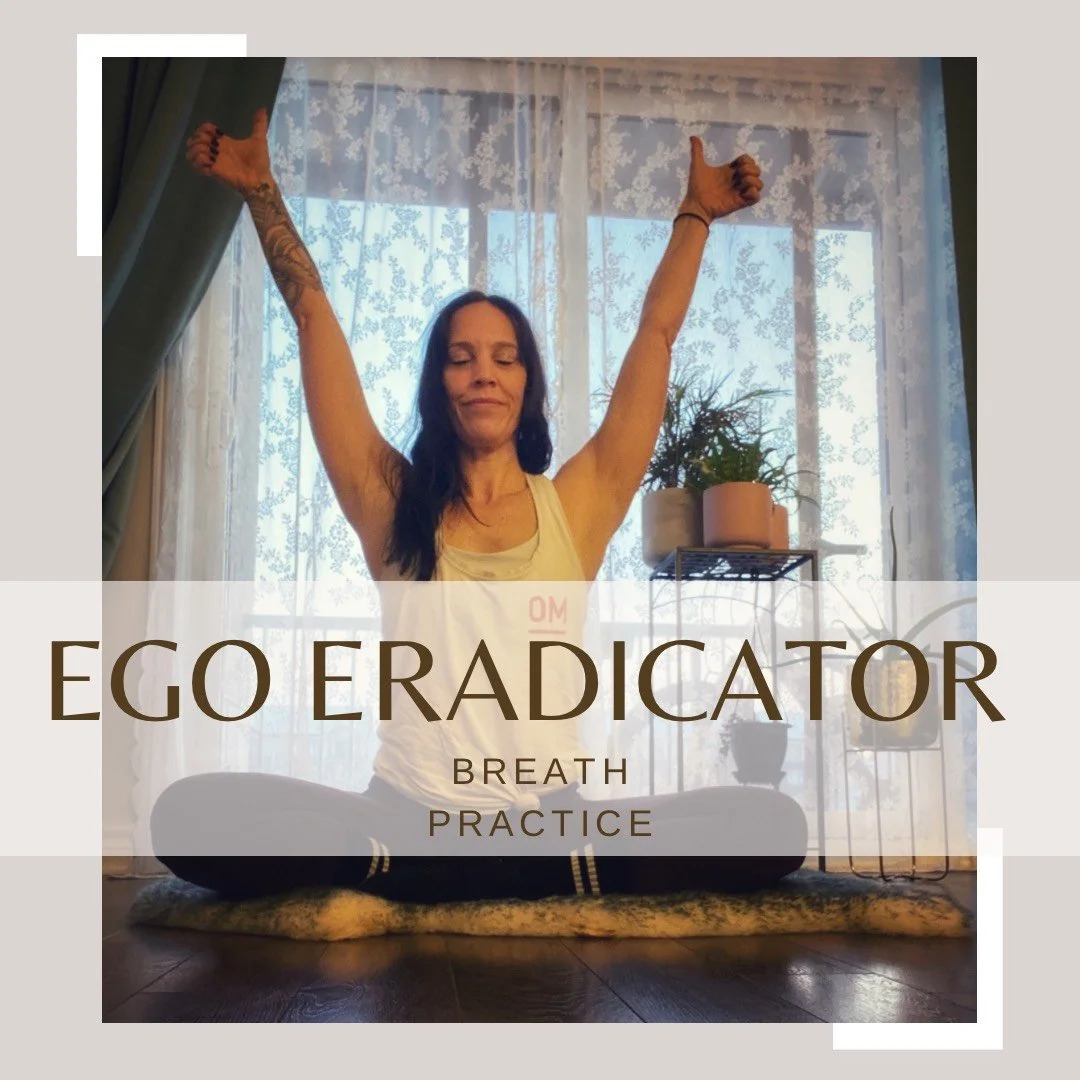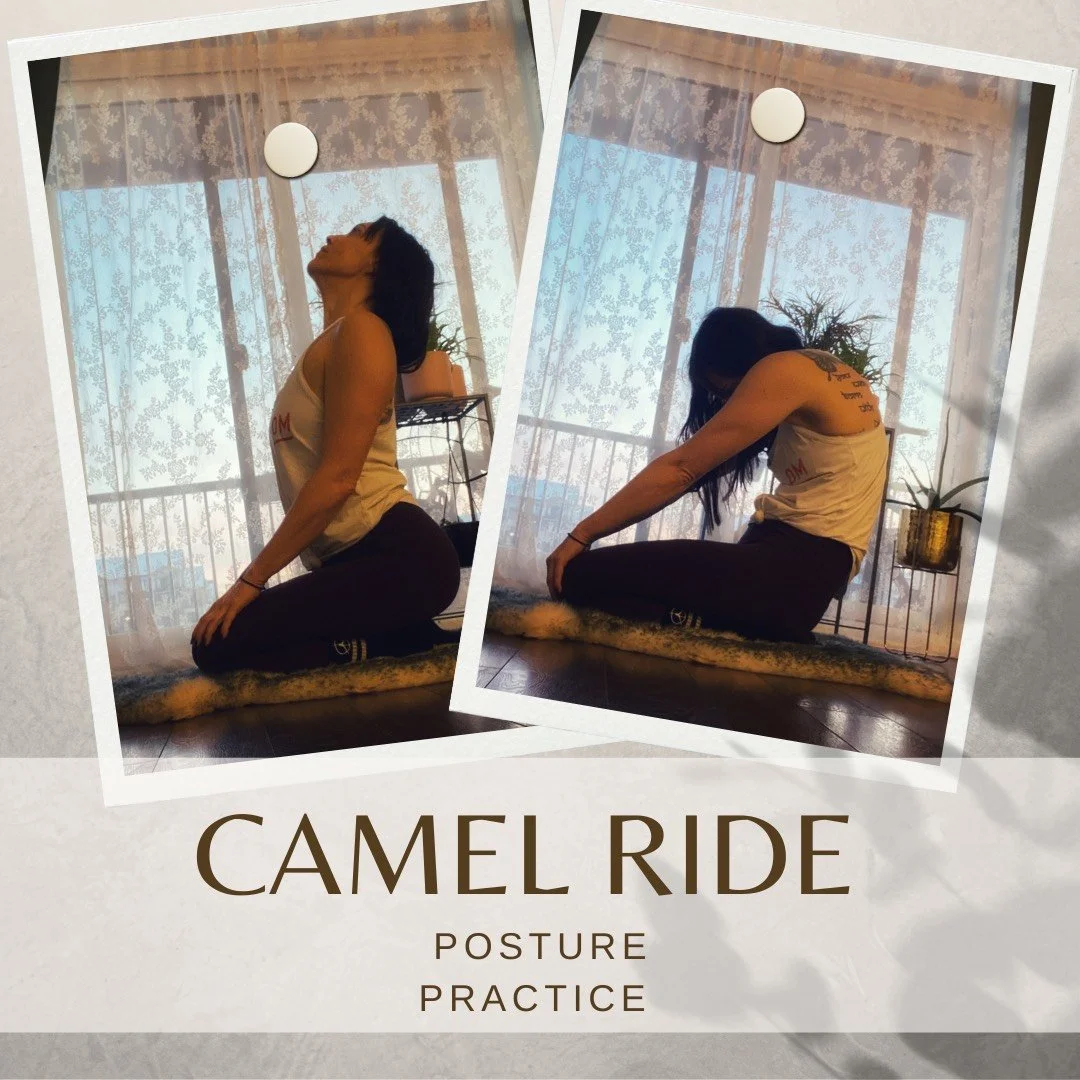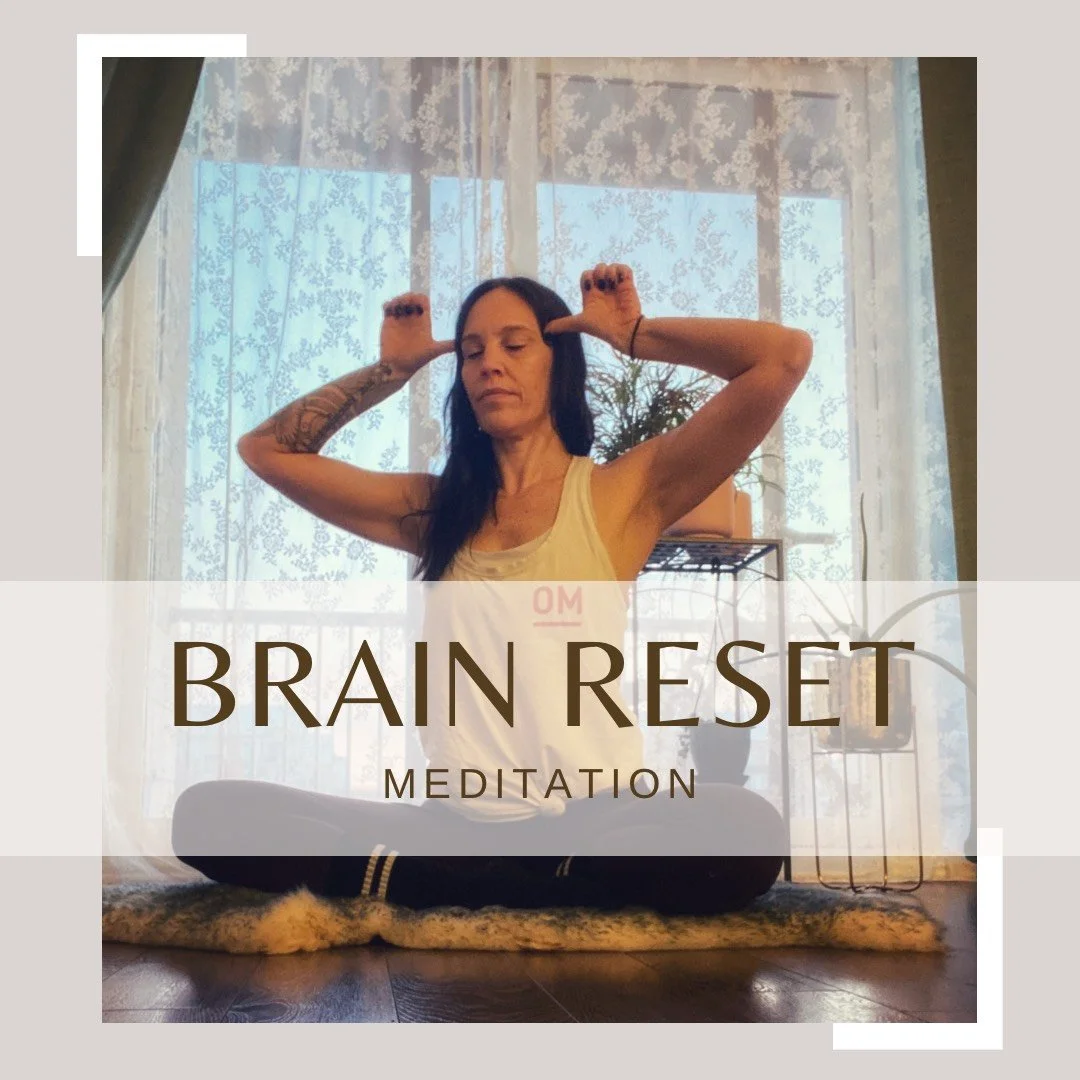Mind, Body, breath: Three Yoga Practices for Dry January
/This article was originally published in January 2023 and reviewed by a staff writer in January 2024.
Guest contributor Meghan Campbell offers up three new ways to connect with yourself through yoga during Dry January…and beyond!
Yoga is an ancient practice that holds countless benefits for anyone who practices it. Originally, yoga was designed with the intention of physically, mentally, and energetically purifying the practitioner through various practices as a way for them to achieve moksha or liberation. Freedom was elevated to the greatest state of Being – free from continuous thoughts and the cycles of rebirth, known as karma. How does this translate to you and maybe your alcohol-free or sober curious journey through Dry January and beyond?
Well…. going alcohol-free, for however long, offers you freedom from the constant cycles of sober to hungover. Yoga has the power to help you stay clean on the inside and the outside by improving your thoughts, raising your energy, and increasing your self-awareness. Actions are the language of self-awareness, so your decisions then become reflections of who you are as your true Self, and not governed by the subconscious mind.
North American yoga has become synonymous with asana, or what we know as yoga poses. While yoga poses hold great potential in the detox process, other yogic practices can support someone in feeling lighter, clearer, and more present in their bodies, minds, and day-to-day life. It’s been shown that brief breathwork practices have been found to outperform meditation in regard to improving mood, regulating the nervous system, and lowering stress. So, these three yogic practices can help you by teaching you to better handle stress, improving your mood, resetting the brain, enhancing your focus, and, of course, cleansing the organs.
Additionally, all these practices have research and science to support their efficacy!
Practice 1 - Ego Eradicator
Time: 1 to 3 minutes.
Precaution: Avoid practicing this technique if you’re pregnant.
Here’s how to practice:
Find a quiet place to sit
Sit with your legs crossed in easy pose or rock pose (kneeling on the mat while sitting on the heels).
Sit up tall and drop your shoulders away from your ears
Close your eyes and shift attention to your third eye (space between eyebrows).
Curling your fingers into the mounds of the hands, extend the thumbs out.
Raise both arms overhead to form a sixty-degree angle. Keep the elbows straight.
Point thumbs up
Start by inhaling deeply and exhaling completely.
Fill your lungs half full of breath, and then use force to exhale through the nose pumping your belly button towards your spine (you sound like a panting dog)
Allow your inhale to be completely passive.
Maintain a steady, continuous rhythm as best as you can. Make sure to take a break if you feel light-headed or slow down the pace if you struggle to maintain strong exhales.
End by inhaling deeply and holding your breath for a few seconds while you join your thumbs together above your hear to touch without looking
Exhale and sweep your hands out to side and down on to your lap
Take a few deep, slow breaths and notice how you feel
You can watch a video of it here.
Top 3 Benefits:
Releases negativity and insecurities
Purifies the body and mind
Helps with digestion
Practice 2 - Camel Ride
Time: 2 to 3 minutes.
Precaution: Avoid practicing this technique if you have any spinal injuries or issues
Here’s how to practice:
Sit on your heels in rock pose or with your legs crossed
Place the hands on the shins, just above the ankles, or your thighs with the palms down
Inhale and flex your spine forward.
Exhale and flex your spine backward.
Keep the head relatively level and steady throughout the movement. There is a gentle rocking on the sits bones.
Try and maintain a steady rhythm and build to a quick pace as you become more limber.
To end, inhale lift the chest and rock forward while holding the breath in for a few moments
Exhale and rock back holding the breath out for a few moments
Stay still with spine neutral and enjoy the benefits for a moments before moving on
Top 3 Benefits:
Alters the proportions and strength of alpha, theta and delta waves in the brain
Moves lymph and creates blood flow
Boosts energy and mood
Practice 3 - Brain Reset Meditation
Time: 3-11 minutes
Anyone can do this meditation.
Here’s how to practice:
Sit in easy pose with your legs crossed on the ground or a pillow/block.
Make fists of both hands and extend the thumbs straight. Place the thumbs on the temples and find the niche where the thumbs just fit. Apply light pressure
Close your eyes and focus at your third eye (between eyebrows)
Keep the lips closed and teeth pressed together
You alternate lightly squeezing your molars and releasing every time you mentally repeat the syllables (bija mantras)
Mentally repeat – SA TA NA MA – while you squeeze and release your molars
You will feel the slight pressure of tightening under your thumbs
Start with 3 minutes and slowly add time.
Best practiced for 40 days straight for full benefits
To help you focus and keep time you can listen to this version of the mantra.
Top 3 Benefits:
Helps regulate pituitary and pineal glands (hormones)
Enhances focus, concentration, and memory
Clears fear and invites in hope (Sa – infinite, Ta – life, Na – death, Ma – rebirth)
About The Author
Megan Campbell is a yoga and meditation teacher, activist, philanthropist and founder of Sober Socials Ottawa. You can connect with Megan on her website or on Instagram @megancampbell.yoga. Be sure to also follow @sobersocials.ottawa to connect with her cOMmunity.







